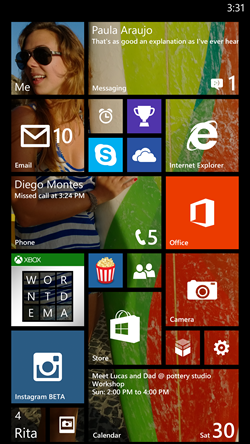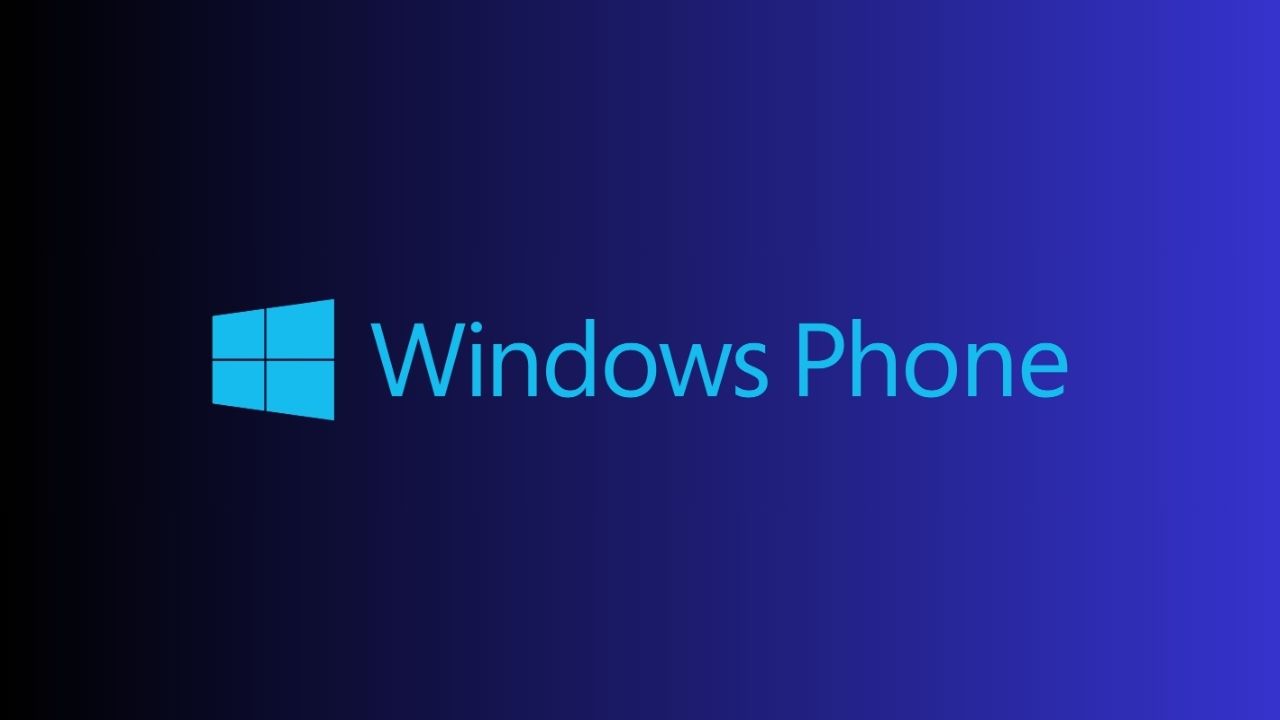The smartphone market today is undeniably dominated by two major players: iOS and Android. However, what if things had turned out differently? Imagine a world where Windows Phone had successfully established itself as a competitor. Would the current landscape still revolve around iOS and Android, or would a third giant have shifted the balance?
In this article, we’ll explore the rise and fall of Windows Phone, analyze the factors behind its failure, and dive into an alternate reality where it thrived. We’ll also consider how its success could have impacted iOS and Android’s dominance, creating a more diverse smartphone ecosystem.
A Look Back at Windows Phone’s History
Launched in 2010, Windows Phone was Microsoft’s ambitious venture into the burgeoning smartphone market. At the time, iOS and Android were already gaining traction, but Windows Phone aimed to stand out with:
- Live Tiles: A dynamic and visually engaging home screen interface.
- Seamless Office Integration: Perfect for professionals who relied on Microsoft Office tools.
- Xbox Live Connectivity: A unique edge for gaming enthusiasts.
To bolster its efforts, Microsoft partnered with Nokia, which became the primary manufacturer for Windows Phone devices. This collaboration resulted in iconic models like the Lumia series, which boasted excellent camera technology and innovative designs.

Despite its potential, Windows Phone faced an uphill battle against the entrenched positions of iOS and Android.
Why Did Windows Phone Fail?The failure of Windows Phone can be attributed to several critical factors:
1. The App Gap
Windows Phone’s app store failed to compete with the extensive offerings of Apple’s App Store and Google Play. Key apps like Instagram, Snapchat, and YouTube were either unavailable or poorly optimized, frustrating users and limiting adoption.
2. Late Market Entry
By 2010, both iOS and Android had already established significant user bases. The iPhone had revolutionized smartphones, while Android catered to a wide range of budgets, making it challenging for Windows Phone to gain attention.
3. Lack of Developer Support
Developers prioritized platforms with larger audiences and better revenue-sharing models. Windows Phone’s smaller user base and complex development environment discouraged many app creators.
4. Strategic Missteps
Microsoft’s over-reliance on Nokia limited its hardware options, while inconsistent updates and marketing campaigns failed to showcase the unique benefits of Windows Phone.
What If Windows Phone Had Succeeded?
Let’s imagine a world where Windows Phone overcame these challenges. What might the smartphone market look like today?
1. A Competitive Three-Way Market
If Windows Phone had succeeded, the market might have developed into a balanced competition among three dominant platforms:
- Lower Prices: Increased rivalry could have driven down smartphone costs.
- Faster Innovation: Companies would compete fiercely to introduce cutting-edge features.
- More User Choices: Consumers would benefit from diverse options tailored to different needs.
2. A Stronger App Ecosystem
A thriving Windows Phone platform would have forced developers to prioritize it alongside iOS and Android. This could have eliminated the “app gap,” offering users access to the same popular apps found on competing platforms.
3. Impact on iOS and Android
- iOS: Apple might have retained its grip on the premium segment but faced tougher competition in enterprise and productivity markets, areas where Microsoft excelled.
- Android: Google’s ecosystem, dominant in the budget and mid-range segments, would have needed to innovate further to counter Windows Phone’s appeal.
How Windows Phone Could Have Challenged iOS and Android
If Windows Phone had succeeded, its unique features could have disrupted the dominance of iOS and Android:
1. User Experience (UX)
Windows Phone’s live tiles offered a more dynamic and functional interface compared to iOS’s static icons and Android’s widget-heavy layout.
2. Business Integration
Microsoft’s productivity tools, like Office 365 and OneDrive, could have made Windows Phone the go-to choice for professionals, challenging Apple’s foothold in the enterprise sector.
3. Hardware Innovation
The partnership with Nokia brought cutting-edge camera technology and robust designs. Combined with Microsoft’s software, this could have redefined smartphone photography and hardware standards.
4. Seamless Ecosystem
Windows Phone’s integration with Microsoft’s PC and gaming platforms, including Xbox, could have rivaled Apple’s cohesive ecosystem.
Would iOS and Android Still Dominate?
Even if Windows Phone had succeeded, it’s unlikely that iOS and Android would have been completely dethroned. However, the market dynamics could have shifted significantly:
- Market Share Split:
- Android: Likely to remain dominant in emerging markets due to affordability.
- iOS: Still the preferred choice for premium users.
- Windows Phone: Could have carved out a niche in enterprise and productivity.
- Increased Fragmentation:
- Developers would face challenges creating apps for three platforms.
- Compatibility issues might arise across devices, potentially frustrating users.
Conclusion
The story of Windows Phone is a fascinating “what if” scenario in the tech world. Its failure serves as a reminder of the importance of timing, developer support, and ecosystem building in the competitive tech industry.
While iOS and Android remain the dominant forces in today’s market, the success of Windows Phone could have fostered a more balanced and competitive landscape. This alternate reality might have benefited consumers with lower prices, faster innovation, and more choices.
As we reflect on this intriguing possibility, one question remains: Could there still be room for a third major mobile OS to challenge the status quo?
Call to Action
What do you think about the rise and fall of Windows Phone? Do you believe the smartphone market would have been better with three dominant players? Share your thoughts in the comments below, and subscribe for more in-depth tech analyses and insights!



